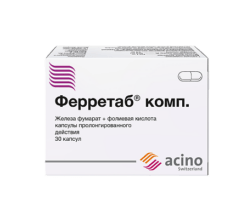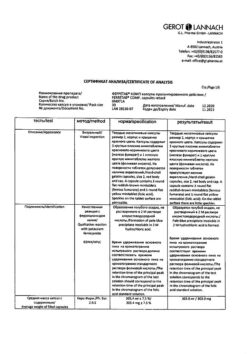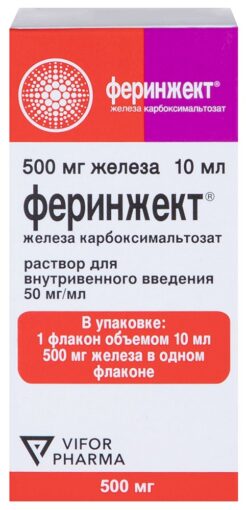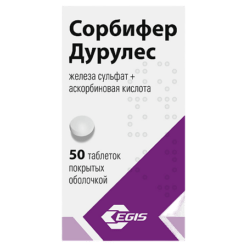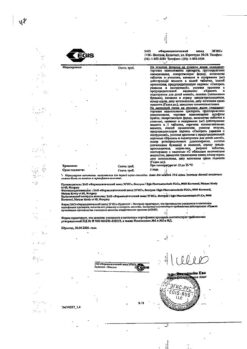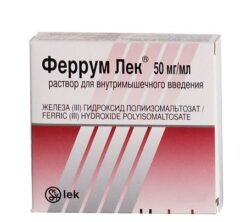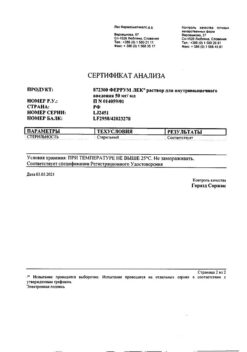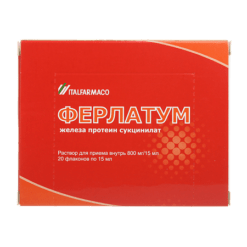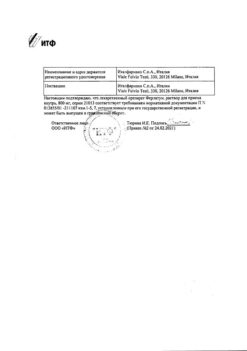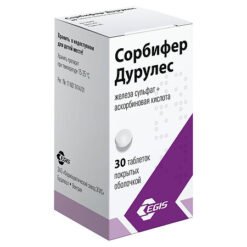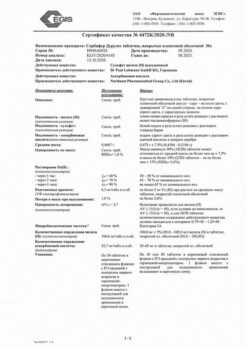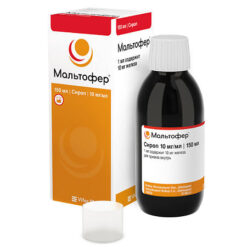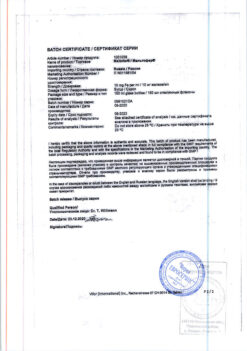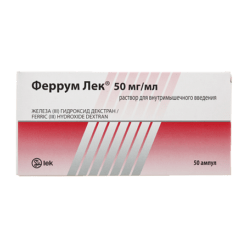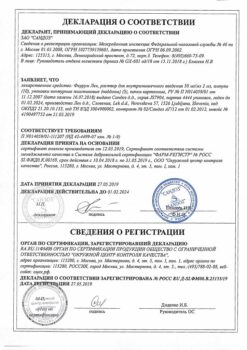No products in the cart.
Deplatt-75, 75 mg 28 pcs
€1.00
Out of stock
(E-mail when Stock is available)
Description
An antiplatelet agent. Selectively reduces the binding of ADP with receptors on platelets and the activation of glycoprotein IIb/IIIa receptors under the action of ADP, thus disrupting platelet aggregation. Reduces platelet aggregation caused by other agonists, preventing their activation by released ADP, does not affect FDE activity. Irreversibly binds to platelet ADP receptors, which remain immune to ADP stimulation during the life cycle (about 7 days). Inhibition of platelet aggregation is observed 2 h after administration (40% inhibition) of the initial dose of 400 mg. The maximum effect (60% suppression of aggregation) develops after 4-7 days of continuous dosing at a dose of 50-100 mg/day. The antiplatelet effect lasts for the entire period of platelet life (7-10 days).
Indications
Indications
Prevention of thrombotic complications in patients with myocardial infarction, ischemic stroke or peripheral arterial occlusion. In combination with ASA for the prevention of thrombotic complications in acute coronary syndrome: with ST segment elevation with the possibility of thrombolytic therapy; without ST segment elevation (unstable angina, myocardial infarction without Q wave), incl. in patients undergoing stenting.
6
Pharmacological effect
Pharmacological effect
Antiplatelet agent. Selectively reduces the binding of ADP to receptors on platelets and the activation of glycoprotein IIb/IIIa receptors under the influence of ADP, thus disrupting platelet aggregation. Reduces platelet aggregation caused by other agonists, preventing their activation by released ADP, does not affect PDE activity. Irreversibly binds to platelet ADP receptors, which remain resistant to ADP stimulation throughout the life cycle (about 7 days). Inhibition of platelet aggregation is observed 2 hours after administration (40% inhibition) of the initial dose of 400 mg. The maximum effect (60% suppression of aggregation) develops after 4-7 days of continuous use at a dose of 50-100 mg/day. The antiplatelet effect persists throughout the life of platelets (7-10 days).
Special instructions
Special instructions
In the case of surgical interventions, if the antiplatelet effect is undesirable, the course of treatment should be discontinued 7 days before surgery. Patients should be warned that since stopping bleeding that occurs while using the drug takes longer, they should report to the doctor any case of unusual bleeding. Patients should also inform the doctor about taking the drug if they are undergoing surgery (including dental surgery) or if the doctor prescribes a new drug for the patient. During the treatment period, it is necessary to monitor the indicators of the hemostatic system (APTT, platelet count, platelet functional activity tests); regularly examine the functional activity of the liver. In case of severe liver dysfunction, one should remember the risk of developing hemorrhagic diathesis. It is not recommended for use in patients with ischemic stroke less than 7 days old. LF containing hydrogenated castor oil can cause dyspepsia and diarrhea. Very rarely, thrombotic thrombocytopenic purpura has developed while taking clopidogrel, sometimes after short-term use. The condition is characterized by thrombocytopenia and microangiopathic hemolytic anemia associated with neurological impairment, renal damage and fever. Thrombotic thrombocytopenic purpura is a potentially life-threatening condition that requires immediate treatment, including plasmapheresis.
Active ingredient
Active ingredient
Clopidogrel
Composition
Composition
Film-coated tablets 1 tab. clopidogrel 75 mg
Contraindications
Contraindications
Hypersensitivity, severe liver failure, acute bleeding (including bleeding from a peptic ulcer or intracranial hemorrhage), pregnancy and lactation, children under 18 years of age. For dosage forms containing lactose (additionally): lactose intolerance, lactase deficiency and glucose-galactose malabsorption syndrome. With caution. Moderate liver failure, chronic renal failure, pathological conditions that increase the risk of bleeding (including trauma, surgery), bleeding tendency, concomitant use of ASA, warfarin, NSAIDs (including COX-2 inhibitors), heparin and glycoprotein IIb/IIIa inhibitors, hereditary decrease in the function of the CYP2C19 isoenzyme.
Side Effects
Side Effects
Frequency: very often – more than 1/10, often – more than 1/100 and less than 1/10, infrequently – more than 1/1000 and less than 1/100, rarely – more than 1/10000 and less than 1/1000, very rarely – less than 1/10000, including isolated cases. From the hematopoietic organs: infrequently – thrombocytopenia, leukopenia, eosinophilia; rarely – neutropepia, incl. expressed; very rarely – thrombotic thrombocytopenic purpura, anemia, incl. aplastic, pancytopenia, agranulocytosis, severe thrombocytopenia, granulocytopenia. Allergic reactions: very rarely – anaphylactic reactions, serum sickness. From the nervous system: infrequently – headache, dizziness, paresthesia, intracranial bleeding, incl. with fatal outcome; very rarely – confusion, hallucinations, taste disturbance. From the senses: infrequently – hemorrhage in the conjunctiva, eyes, retina; rarely – vertigo. From the cardiovascular system: often – hematoma; very rarely – severe bleeding, bleeding from the surgical wound, vasculitis, decreased blood pressure. From the respiratory system: very often – nosebleeds; very rarely – bronchospasm, interstitial pneumonitis, pulmonary hemorrhage, hemoptysis. From the digestive system: often – diarrhea, abdominal pain, dyspepsia, bleeding from the gastrointestinal tract; uncommon – gastric and duodenal ulcers, gastritis, vomiting, nausea, constipation, flatulence; rarely – retroperitoneal bleeding; very rarely – pancreatitis, colitis, incl. ulcerative or lymphocytic, stomatitis, acute liver failure, hepatitis, impaired liver function tests, bleeding from the gastrointestinal tract with a fatal outcome. From the skin: often – subcutaneous hemorrhages; uncommon – skin rash, itching, purpura; very rarely – angioedema, urticaria, erythematous rash, erythema multiforme, Stevens-Johnson syndrome, toxic epidermal necrolysis, eczema, lichen planus. From the musculoskeletal system: very rarely – hemarthrosis, arthritis, arthralgia, myalgia. From the genitourinary system: infrequently – hematuria; very rarely – glomerulonephritis, hypercreatininemia. Local reactions: often – bleeding at the injection site. Laboratory indicators: infrequently – prolongation of bleeding time. Other: very rarely – fever.
Interaction
Interaction
Concomitant use of warfarin with clopidogrel may increase the intensity of bleeding, so the use of this combination is not recommended. Prescribing glycoprotein IIb/IIIa inhibitors, ASA, and heparin together with clopidogrel increases the risk of bleeding. When used simultaneously with NSAIDs, the risk of bleeding may increase. Concomitant use with CYP2C19 inhibitors (for example, omeprazole) is not recommended. The active metabolite of clopidorgel inhibits the activity of the CYP2C9 isoenzyme, which may result in increased plasma concentrations of phenytoin, tolbutamide and NSAIDs.
Overdose
Overdose
Symptoms: prolongation of bleeding time, hemorrhagic complications. Treatment: stop bleeding, platelet transfusion.
Manufacturer
Manufacturer
Torrent Pharmaceuticals Ltd, India
Additional information
| Manufacturer | Torrent Pharmaceuticals Ltd, India |
|---|---|
| Medication form | pills |
| Brand | Torrent Pharmaceuticals Ltd |
Related products
Buy Deplatt-75, 75 mg 28 pcs with delivery to USA, UK, Europe and over 120 other countries.


